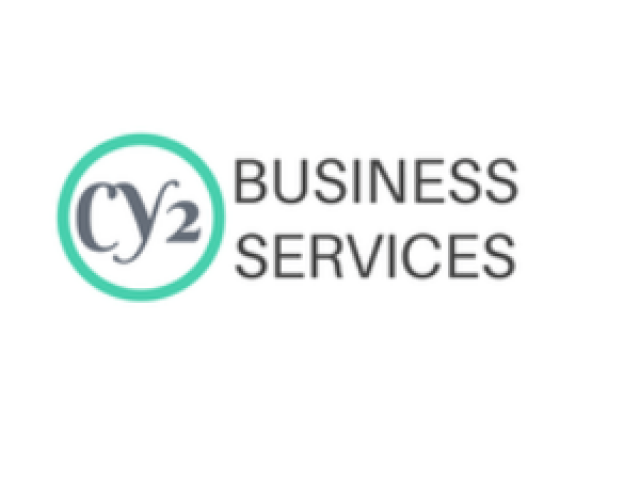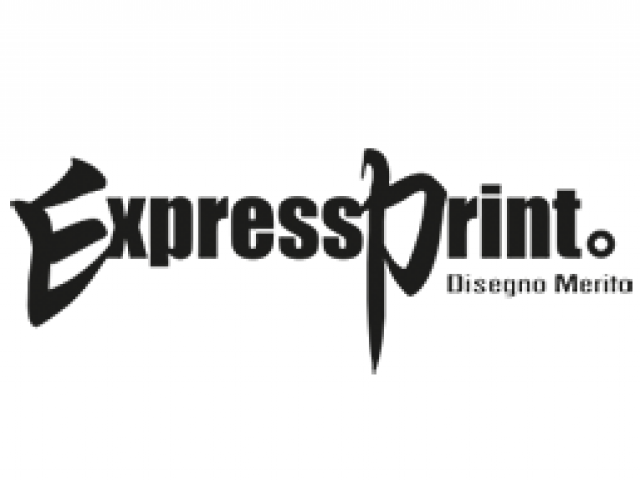The Start-Up Hub of Southeast Asia
Singapore is a country known for its efficiency, orderliness and honesty with a pro business climate. There is a developed technological infrastructure and legal system (including Intellectual Property laws), which are invaluable to a start-up. However, in well-educated and fast-moving Singapore, people tend to be more career-oriented. Thus, many talented Singaporeans would be more tempted by the allure and stability of an established Multinational Corporation (MNC) rather than the uncertainty of start-ups.
Still, there is a growing and vibrant start-up scene in Singapore, with ready support from the government and ample opportunities. These trailblazers are the entrepreneurs of Singapore, who defy the norm and pursue their own future with their own hands.
Do you aspire to be one of them? You can check out this article to read if you should become an entrepreneur.
Millennials?
With the widespread availability and advancement of the Internet, anybody can start their own business with little cost online. The tools to start your own business are readily available all over the Internet, and at little to no cost, lowering the barrier to entry to entrepreneurship. Being tech-savvy, Singaporean millennials are definitely the ones willing to take the risk and opportunity to start their own businesses. And they know it too. According to this survey conducted by AsiaOne, 41% of the people who participated have aspirations of starting their own businesses. And these figures include a staggering 72% of millennials! Out of them, 72% plan to embark on their entrepreneurial endeavours full-time while the rest will want to do it as a side project in conjunction with their day job.
Motivations
What motivates the Singaporean entrepreneurs to start their own business? There are four main reasons, according to this study by HSBC.
- Increase personal wealth
- The freedom of being your own boss
- To build a name for yourself
- To have a positive impact on the community
The data is as follows for the Asia Pacific region, of which Singapore is a part. 45% of Singaporean entrepreneurs cite increasing personal wealth as a priority. 35% for the autonomy of being your own boss. 26% have building a name as a motivation and 21% start businesses primarily to have a positive social impact.
Interestingly, the priorities have changed from the previous generation. For Singaporean business owners in their 50s, 47% hold personal wealth as a crucial reason. 42% for being your own boss. 18% for building a name and just 13% for positive social impact. It can be seen that the older entrepreneurs value the increasing of their personal net worth much more than the newer generation since they hold reputation and social impact with less regard.
This is very in line with the trend of social entrepreneurship that is becoming popular amongst the millennial generation. Simply said, social entrepreneurship is the use of the by start up companies and other entrepreneurs to develop, fund and implement solutions to social, cultural, or environmental issues.
The curious case of inheritance
One important factor when looking at the profile of Singaporean entrepreneurs is that of having a family background in business ownership. The early experience of growing up in a business family often provides young entrepreneurs a head start in terms of connections and capital. The same report by HSBC says that in Singapore, nearly half of entrepreneurs (45%) have no history of family business ownership. These are the self-starters, people who break out from the norm to carve out their place in business.
Self-starters tend to start late, as many of them gain work experience elsewhere before starting their own business. The average age of self-starters is 32, while that of the next-generation entrepreneurs is 28.
However, self-starters are more likely to achieve their financial goals once they are in the game. 68% of self-starters are confident they have reached financial independence while it is 60% for the next-gen entrepreneurs.
Although the inheritors of family businesses have the head start in terms of business skills, connections and capital, the self-starters are more likely to be able to pursue their own freedom and achieve their personal goals. This may be because many of the next-gen entrepreneurs come to the business constrained by the past, their family legacy as well as the expectations set on them by their parents. Conversely, self-starters ultimately answer to themselves so they have more freedom in decision making.
For other types of corporate services. you can find the best services recommended for you based on hundreds of companies reviewed on our platform.



















